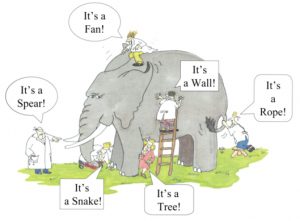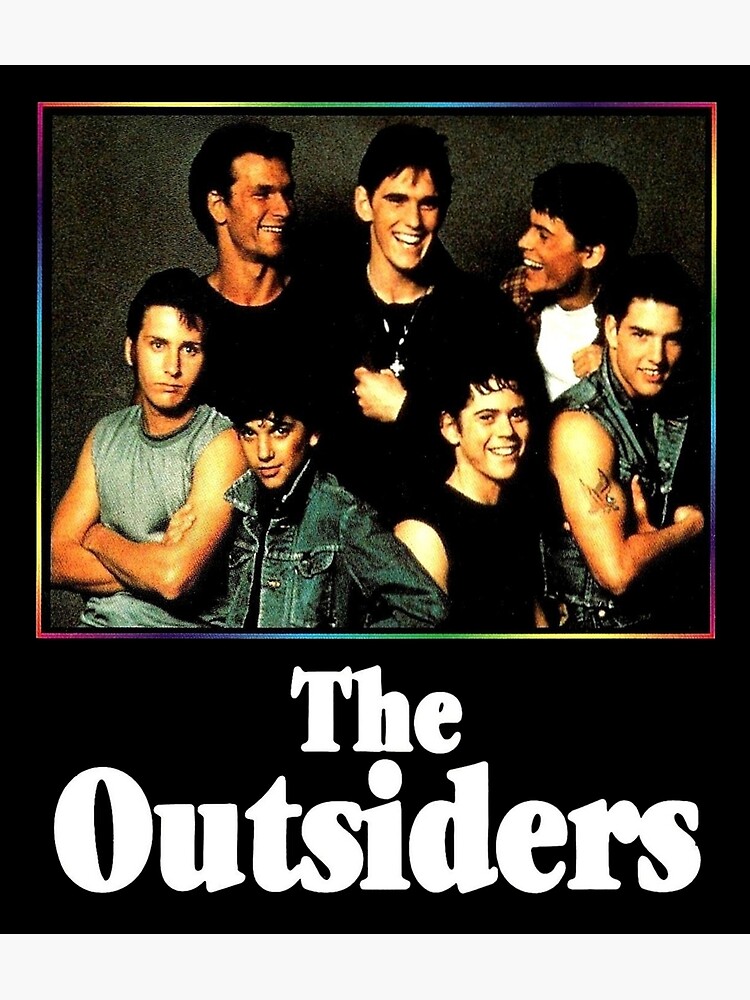
Super Bowl. I cannot remember a football playoff with more close, exciting games. The Super Bowl was a fitting conclusion. I feel sorry for the Bengals and the people of Cincinnati because they have never won. I feel sorry for the people of St. Louis because Rams were moved from there not that long ago. I feel sorry for Cleveland and Detroit because the win made some franchise decisions look bad. I feel sorry for my Chiefs because that is for whom I root.

Tension. Two developments have me deeply concerned. The court filings in the Clinton – Russia scandal and Trump’s accounting firm leaving him. This is not because I fear or favor Hillary or Trump, but because both will raise conspiracy theory activity on both sides of the aisle. If either the Durham special counsel or the Trump investigation by the New York attorney general yields charges, I fear we will see considerable strife.
CRT
Critical Race Theory. Several blogs ago, I indicated the topic of Critical Race Theory was important enough I needed to be educated about it. I found some people are for Critical Race Theory without understanding what it says. Similarly, some people are against it without any knowledge of what it says. Many are dependent on their favorite news commentators to form their opinion.
I am determined to draw my conclusions based on reading first hand evidence about topics that fall within the topic rather than forming an opinion second-hand. I also hope to learn from others with first-hand information on the topic.
I encourage anyone who finds mistakes in my thinking or knows additional information to please inform me. I am not afraid to say I am wrong and I want to learn.
As with most things, I enter the topic with the expectation I expect to agree with some things and disagree with others. Today I limit my discussion to one aspect of Critical Race Theory.

Standpoint epistemology. One major component of Critical Race Theory is the view that a minority has a clear advantage in understanding that the majority does not have. That idea is called Standpoint Epistemology.
The argument is — one’s social position relative to systematic power gives insight to knowledge that allows the oppressed to understand oppression and the society and systems within which oppression operates better than the privileged are able to understand. The view has roots in Hegel (and Marx.) Loosely stated, Hegel argued from what he called a slave-master perspective. The slave or oppressed person lives in two worlds while the master or majority person only lives in one. The twofold standpoint gives the oppressed person an advantage in the development of knowledge.
The thinking in the area was an important part of feminist thinking in the 1980’s. The further development of the viewpoint to racial discourse is an expected extension of the majority/minority, (oppressor/oppressed) viewpoint.

Definitions. My first concern is not all relationships are oppressive. Therefore, we must be careful to define what is an oppressive situation. I am not denying oppressive situations, but I do not accept a position that all majority/minority situations are oppressive. If that is the case I am now oppressed because I am a cultural minority in Mobile, Alabama. More factors than simply a majority-minority relationship have to be involved.
Most individuals are in numerous hierarchical relationships, and some as a leader, and some as a follower; some in the majority and some as a minority. I do not believe a hierarchical relationship is sufficient for an oppressive relationship.
When I go to my dentist or eye doctor, they are in charge of my diagnosis; I am a follower. I do not find either person to be oppressive.
When I preach, as I did last Sunday, I am the leader of certain aspects of the service. I hope no one ever feels oppressed.
I certainly understand that some hierarchical relationships are oppressive, even evil in the oppression. We need to be careful defining which situations are oppressive.

Outside view. People outside of a situation usually can have some knowledge about the people in a situation the people do not understand about themselves.
As an example, that is why I have outside readers. A set of outside eyes will often see things I do not see, even obvious things. Last week my writing (and learning) was helped because several people knew and were alert to the difference between prejudice and prejudiced. I wrote the information. I was inside the situation and ignorant of the grammar. The outsiders had knowledge about writing I did not have. When they shared it with me – I learned
Coaches can see some things about their team better than the players. Consultants in many fields make their living by seeing things workers do not see for themselves. Psychiatrists, psychologists and counselors specialize in helping people see things clients do not see for themselves. People in a minority can have knowledge about the majority that the majority do not understand about themselves. The oppressed can have knowledge about the oppressors that the oppressors do not understand about themselves.
My second concern is I strongly believe the relationship goes both ways. A coach can see some things about her team better than the players, but it is possible the players see somethings about the coach she does not see for herself. Clients can see things about consultants or counselors, the consultants or counselors do not see for themselves. The majority can know somethings about the minority. The oppressors can know somethings about the oppressed.
I do not see one side having a necessary advantage over the other. Sometimes one side may have more or better knowledge because of experience or expertise, but I do not think oppression or being in the minority is a necessary condition to always have more or better knowledge.
I believe the outsider knowledge holds true no matter the status relationship. If the two groups are equal, both groups can see things about the other group they cannot see for themselves. If there is an imbalance, both groups still see things about the other group they cannot see for themselves.

In summary:
I do not believe all relationships are oppressive, even those with hierarchical structures.
I support teaching outsider knowledge, even if it is critical of a culture in which I live.
If Standpoint Epistemology is interpreted as the minority always has more or better knowledge about society systems than the majority, I would disagree. Sometimes yes, but always is not necessarily the case. I do not see any reason to assume being oppressed is a sufficient condition to have more knowledge that the oppressor. The oppressed always know more of the effects of oppression. I do not know why they would know more about the causes of oppression.
I have no trouble believing people in a minority (or oppressed) situation can have some knowledge about the majority the group does not have about themselves. But similarly, the majority — by being outside of the situation – can have knowledge about the minority the minority do not have about themselves.
My bottom line is — both sides should want to learn information about themselves and each other through a proper dialog. Beginning a dialog with assertions about who knows the most or the best is probably not the best starting point.
Good news:
In Keeping with one of my concerns for today – an owner is not always oppressive.
Dolly Parton’s Dollywood To Cover Full Tuition For All Employees (sunnyskyz.com)
This is amazing:
Good in the world.
How A Lost Dog Brought An Entire Community Together (sunnyskyz.com)
Peace,
Jerry
1 Comment
Brant Baker · February 17, 2022 at 1:54 pm
I so appreciate your willingness to parse these complex subjects. Thanks for teaching me something useful today!